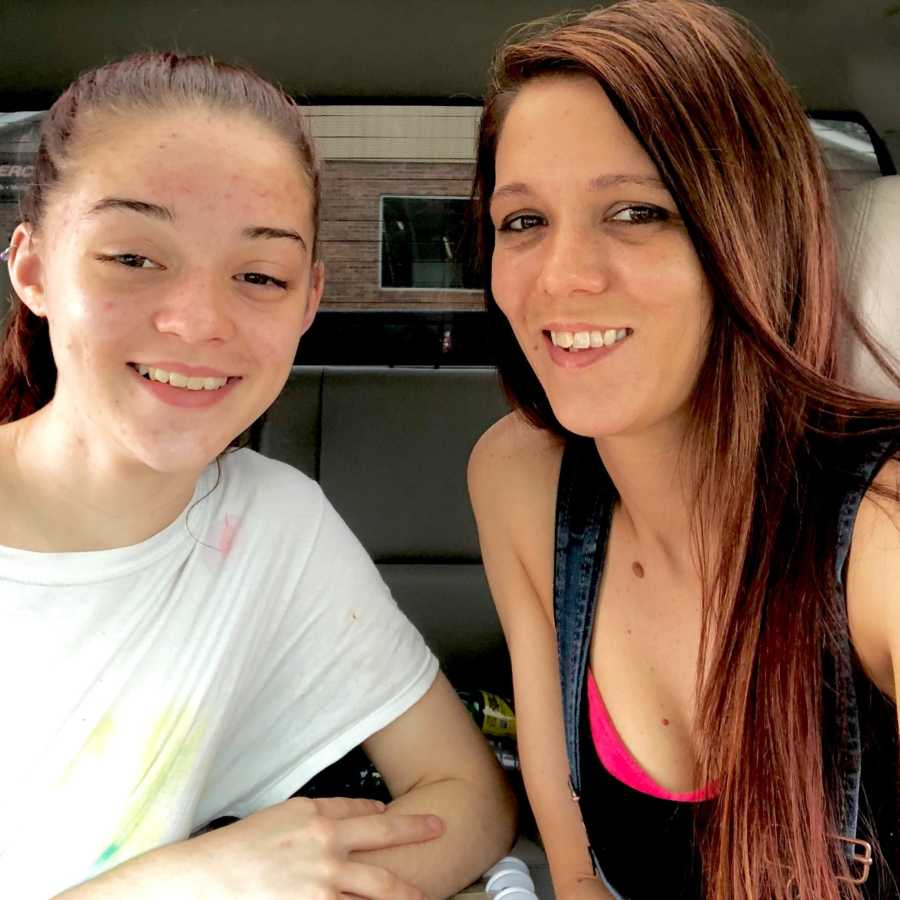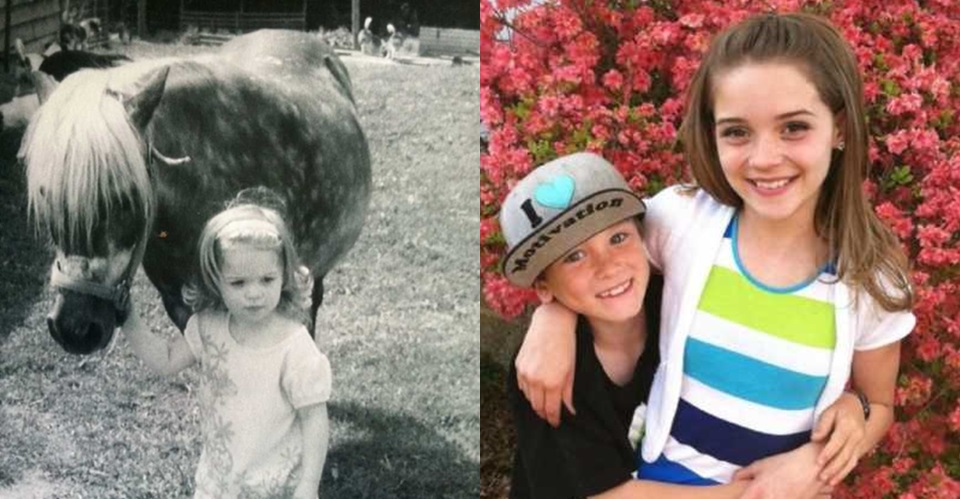Krista never imagined she would find herself in a children’s psych ward holding her daughter’s trembling hand. Parents are supposed to protect their kids from scraped knees, broken bones, cruel words on the playground. They are supposed to kiss the boo boos away. But how do you kiss away a suicide plan?
Two years earlier, the day had started like any other. By nightfall, Krista sat in a cold hospital room with her 12-year-old, terrified. The sterile smell of disinfectant clung to her skin, and the steady footsteps of a nurse stationed outside their door reminded her that something unthinkable was happening. Her phone battery was dead, her boyfriend was stuck at work, and her son was with his father, thankfully oblivious. Krista was alone with her thoughts, trying to smile for her daughter while inside her heart was splitting apart.
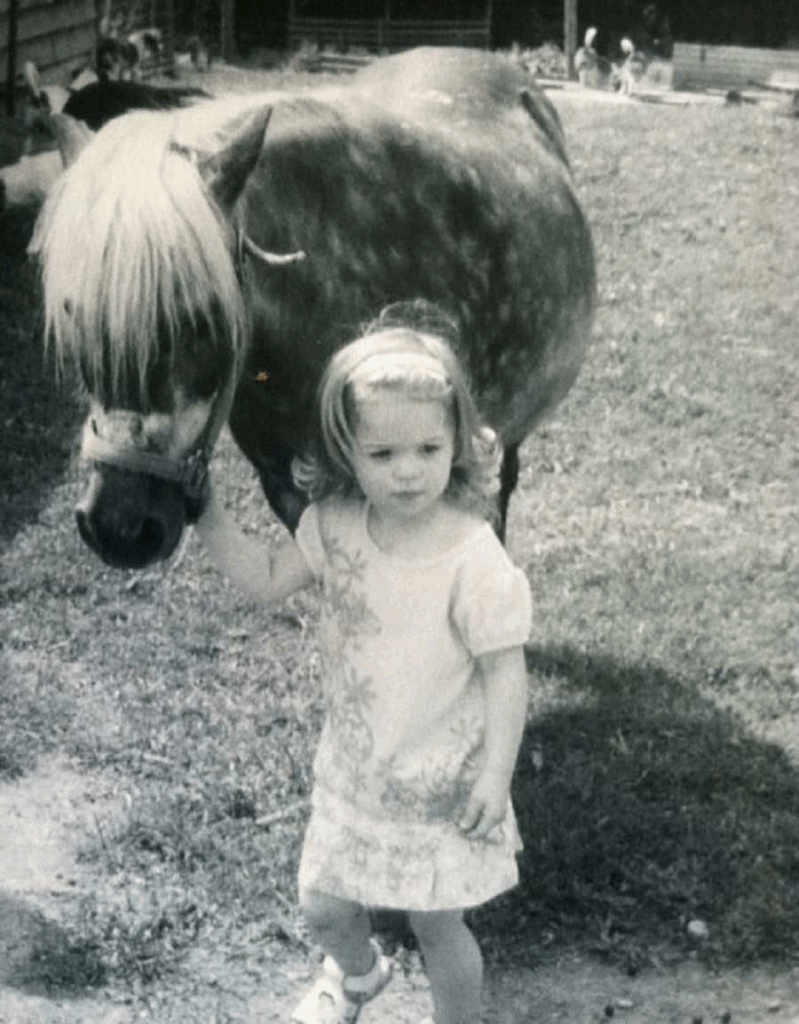
She kept wondering: How did we get here? How did I not see the signs? The doctor’s words shattered what little composure she had left. Her daughter had a clear suicide plan, and admission to the children’s psychiatric unit was mandatory. In that moment, the hospital sounds faded into silence. Krista stood frozen, her insides screaming while her lips managed only, “I understand.”
Her daughter cried when she heard the news, begging Krista to stay. But parents can’t stay in psych wards overnight. Krista stroked her daughter’s hair, kissed her forehead, and whispered reassurances she barely believed herself. As they walked the hallways toward the locked unit, Krista clung to her child’s hand, wishing she could magically fix everything, wishing she could carry the weight herself. When the heavy doors closed behind her, she felt like she was leaving a piece of her soul inside.

That night, Krista broke down. Alone in a hallway, she wept harder than she ever had in her life. She thought about every bedtime story, every softball game, every moment of the past 12 years, and felt crushed by guilt. What signs had she missed? Was it something she said? Something she didn’t say? The questions looped endlessly. For ten agonizing days, her daughter remained in the psych ward while Krista tried to keep life steady for her son at home. He cried at night missing his sister. Krista cried too, often in silence so no one would hear. Her boyfriend held her when she crumbled, even though he was grieving in his own way.
Those days changed everything. The illusion of being the “perfect parent” shattered. Krista realized that no matter how carefully a mother tries to build a safe world, she cannot control mental illness, peer cruelty, or the labyrinth of thoughts inside her child’s mind. The perfect parent doesn’t exist, and trying to be one can sometimes blind us to what’s really happening.
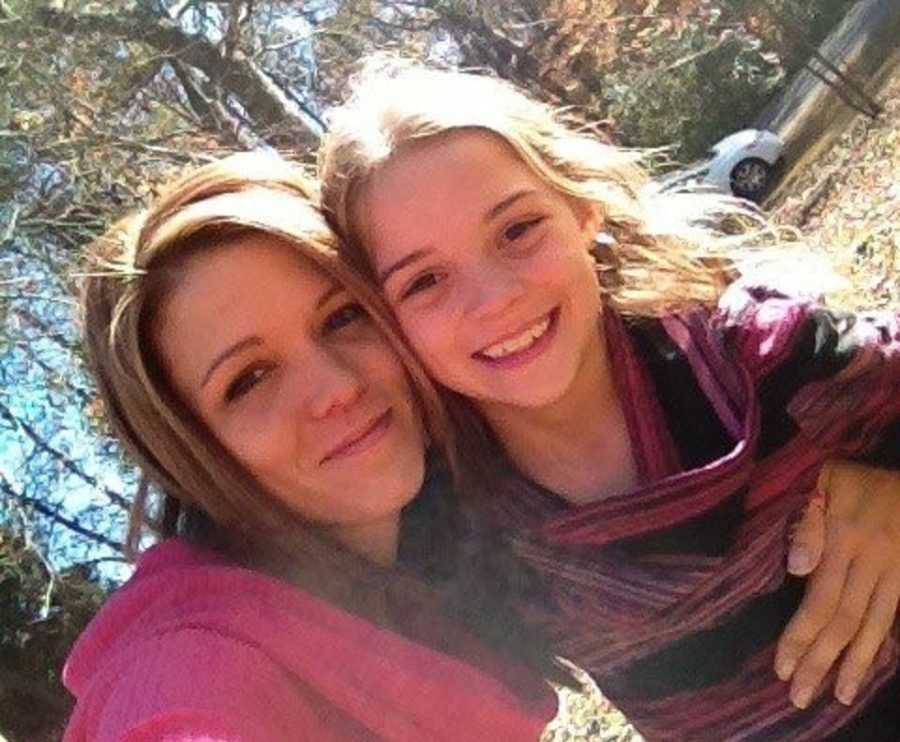
Two years later, the family is in a better place. They endured months of in-home therapy, sessions three to five days a week. Krista’s daughter, Breanna, learned coping techniques, started medication to stabilize her moods, and slowly began trusting her family to hold her up when she couldn’t hold herself. Medications have since been reduced, though the battle is far from over. Some days are hard, but the family now knows how to face them together. Krista often says she lives differently now. She listens more, even to the silences between words. She pays attention to the tiny moments—the goofy selfies, the sibling squabbles, the whispered goodnights—because those moments are what matter most. She no longer tries to be the perfect parent, she tries to be a present parent.
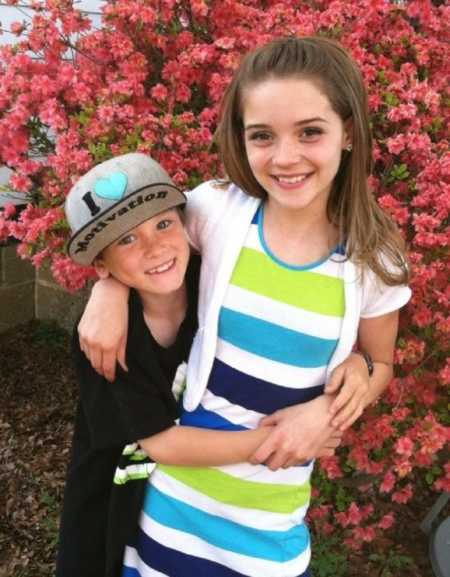
Her message is simple, yet hard for so many to accept: You can do everything right and still end up in the psych ward with your child. You can love fiercely, show up, and still miss the signs. And that doesn’t mean you failed. It means you are human, and your child is human, and sometimes life demands more than either of you can give alone.
Krista believes no family should feel they are alone in this fight. Talking about mental health, sharing the unpolished stories, admitting the guilt and the fear, it all matters. Because behind the statistics are kids like her daughter, parents like her, families that fight to find their footing again. She cannot kiss away a suicide plan. But she can keep showing up, holding her daughter through the storms, and proving that life, messy and unpredictable as it is, is still worth fighting for.
